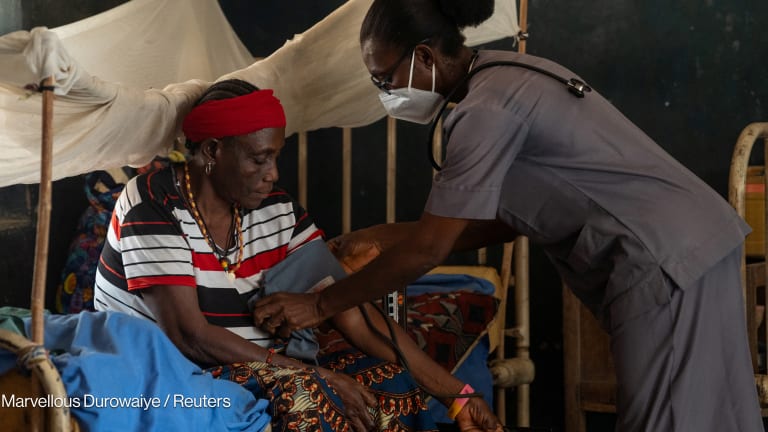One of the main roles for NGOs is as “learning labs” for governments, a senior INGO leader told a Devex event on Tuesday.
Jennifer Schechter, chief executive of Integrate Health, said that NGOs can take risks and develop knowledge in ways that governments cannot. If those NGOs have good relationships with governments in the global south, then they can share what they have learned and help governments adopt it as standard practice.
“As NGOs, we’re uniquely positioned to take risks that our government partners can’t,” Schechter said during the Impact House event. “We can leverage philanthropic capital, and then we combine that relationship and the risk to do learning. And by learning, I mean answering the questions that our government partners have. Not learning what we want to learn or what our funders want to learn.”
This story is forDevex Promembers
Unlock this story now with a 15-day free trial of Devex Pro.
With a Devex Pro subscription you'll get access to deeper analysis and exclusive insights from our reporters and analysts.
Start my free trialRequest a group subscriptionSearch for articles
Most Read
- 1
- 2
- 3
- 4
- 5








